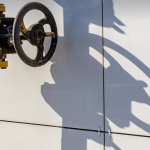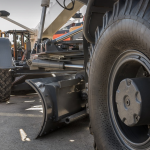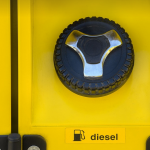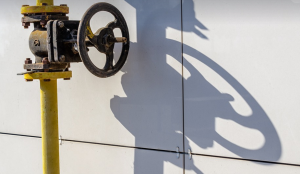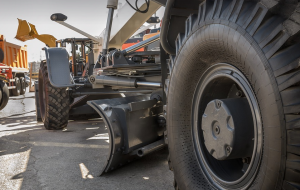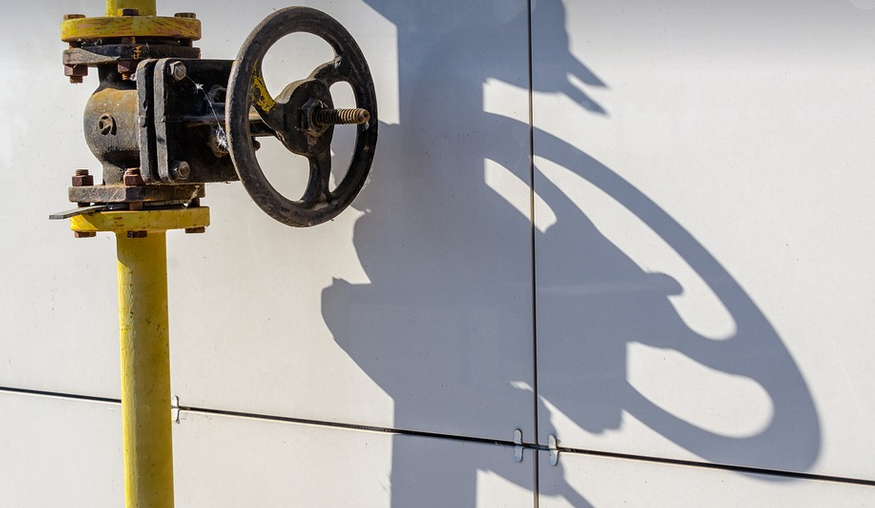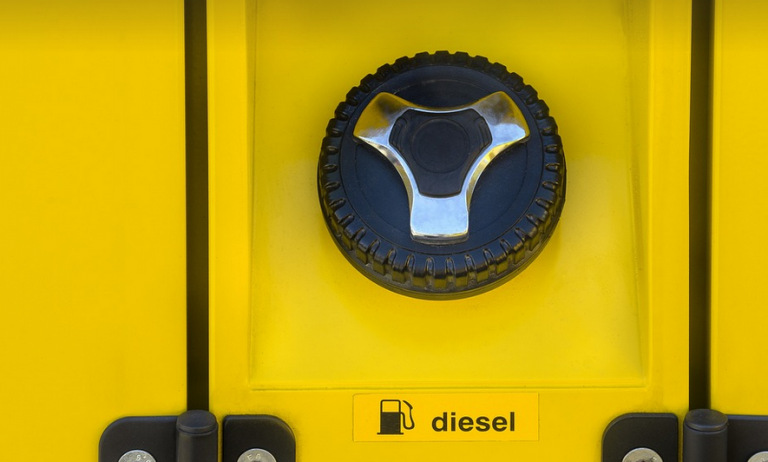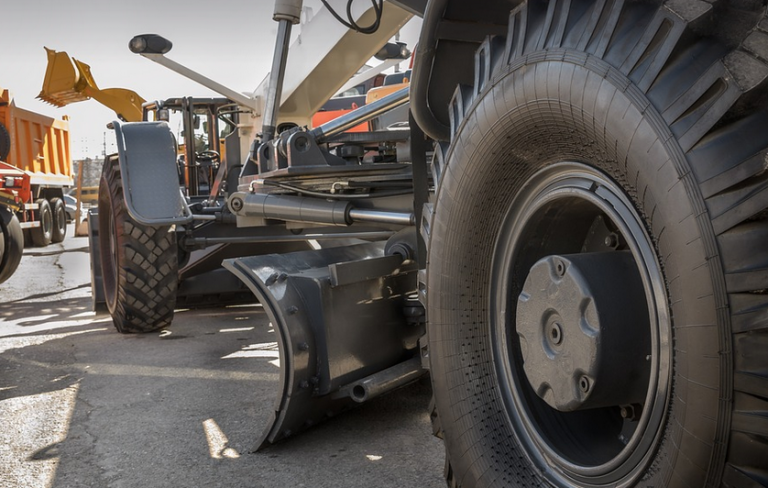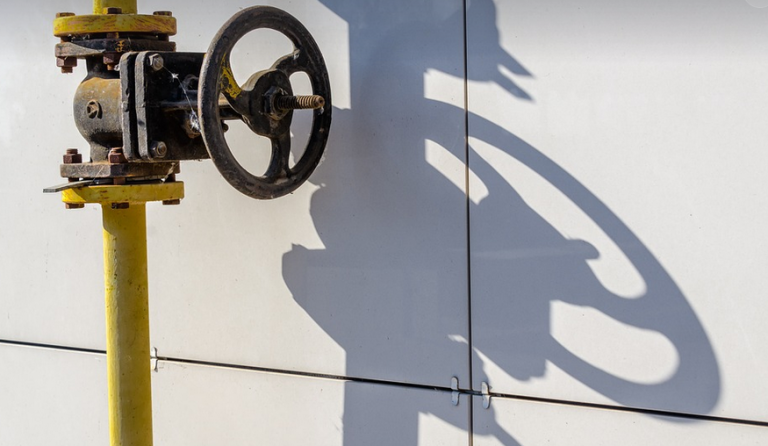Recycling in Your Backyard
Living in the heart of Kentucky? Well then, you’re probably aware that keeping our planet healthy requires dedication to recycling. We all know that throwing things away just isn’t enough; we need to be creative and mindful about how our trash makes its way into the world. Taylor County Recycling is a local program dedicated to helping residents and businesses of Campbellsville, Kentucky make the right choices for our community.
What You Need To Know About Taylor County Recycling
Campbellsville is fortunate to have access to a recycling center that’s ready to help you sort your materials properly. This means less clogging in landfills, reduced pollution, and a better chance of conserving precious resources. It’s an excellent opportunity to learn how to recycle more efficiently and responsibly.
Taylor County Recycling offers a variety of services to ensure you can get the most out of your recycling efforts. Whether it’s paper, plastic, glass, metal, or electronic waste, the center provides clear instructions on what belongs where, ensuring that everything is properly processed for reuse.
But how exactly does it all work? The answer lies in knowing the different categories of recyclable materials and understanding their specific requirements.
Let’s delve into the details – each category deserves a closer look!
Paper: Recycling Right From Your Desk
Paper is one of the most prevalent recyclable materials, making it an ideal candidate for recycling. You can find different types of paper that are eligible for recycling in Taylor County. Newspapers, magazines, junk mail, and office paper all fall under this category.
To recycle paper efficiently, remember to keep these tips in mind:
- Flatten your paper before placing it in the recycling bin to save space and prevent jamming.
- Remove plastic windows, cereal boxes, laminates, or glossy inserts from paper.
- Avoid putting any food-stained paper in the recycling. Instead, these materials should be disposed of in your regular trash bag.
Plastic: Separating Your Recyclables
Plastic is another crucial material for recycling. Remember that plastics are not all created equal; they have a number code stamped on them to help you identify the type of plastic. The numbers on the bottom indicate what kind of plastic it is. For example, #1 (PET) and #2 (HDPE) are more commonly found in bottles.
To recycle plastics correctly, follow these simple steps:
- Rinse out your plastic containers before recycling them.
- Avoid putting any food-contaminated plastic in the recycling bin. Instead, dispose of it with regular trash.
Glass: A Clear Path to Recycling
Glass is another material that can be recycled effectively. Glass bottles and jars are recyclable and should be placed into the designated glass bins for easy processing. Make sure you don’t mix glass with other types of recyclables.
Before throwing your glass in the recycling bin, remember these crucial points:
- Rinse out your glass items before recycling.
Metal: A Sturdy Foundation for Recycling
Metal is another essential recyclable material. Cans and boxes made of aluminum or steel can be easily recycled and reused to create new products. Just ensure that you clean out any food residue from the metal cans before you recycle them.
To properly recycle your metal, heed these valuable tips:
- Make sure to remove all labels or stickers before recycling the container.
Electronic Waste: A Call for Responsible Disposal
Electronic waste, also known as e-waste, is a growing concern. Many electronic devices contain hazardous materials that must be handled responsibly when they reach their end of life. It’s essential to dispose of these items properly to prevent environmental hazards.
To ensure you’re using the correct method for your electronic waste, remember:
- Take your old cell phones, computers, and laptops to a designated e-waste recycling center. These centers will handle the safe and responsible disposal of your electronic devices
Beyond the Basics: Additional Recycling Tips
Recycling is not just about sorting your waste; it’s about understanding its importance for our environment.
The journey towards a sustainable future begins with small actions. Here are some additional tips to maximize your recycling efforts:
- Keep your recyclables separate from garbage. This helps ensure that the correct materials end up in the right bins.
Contact Information for Taylor County Recycling
For any questions about Taylor County Recycling, or if you need further information on their services, visit their website or contact them directly.
Remember to make your voice heard and advocate for environmental sustainability! By engaging in responsible recycling practices, we can create a cleaner and healthier future for generations to come.
## Resources: Taylor County Recycling Center
- Website:
- Phone Number:
https://www.taylorc.org/services/recycling

